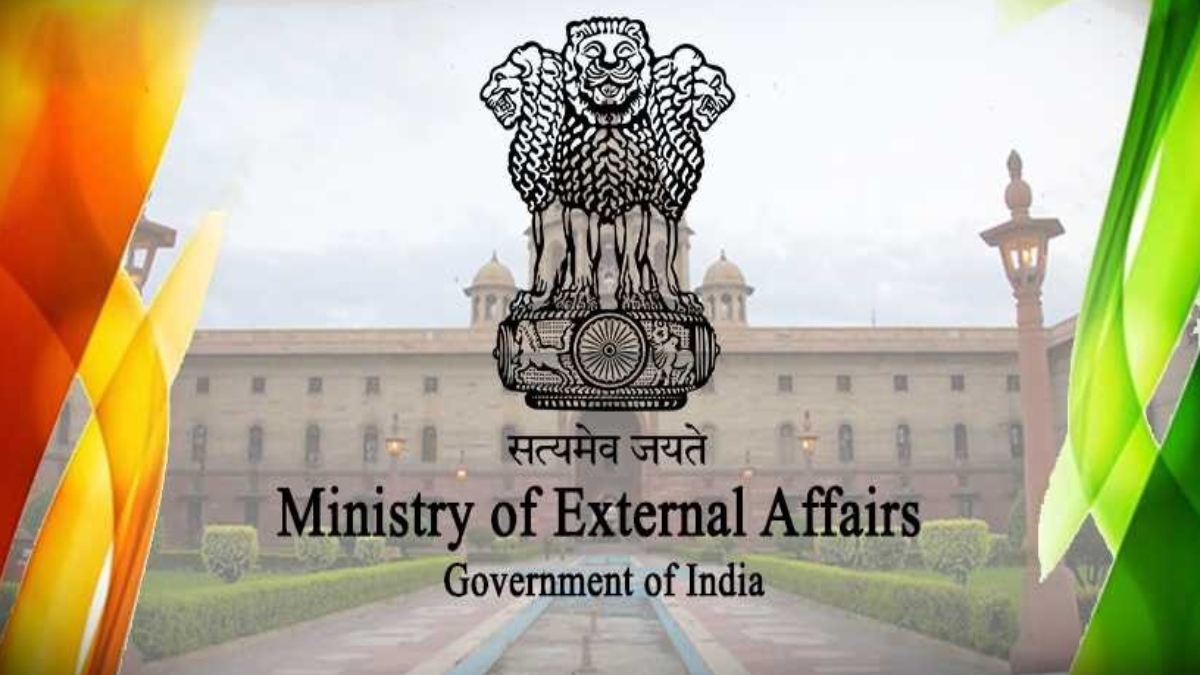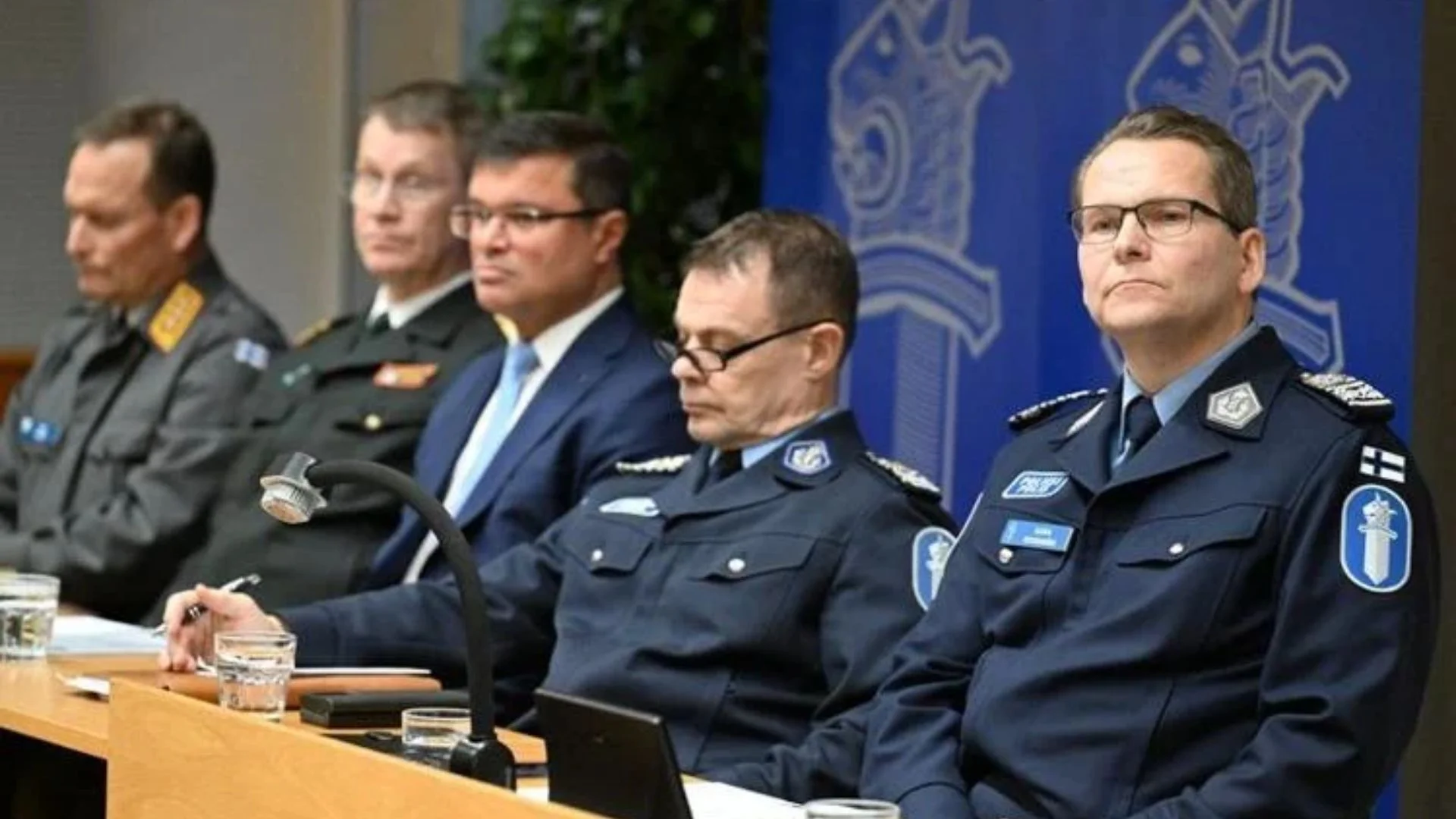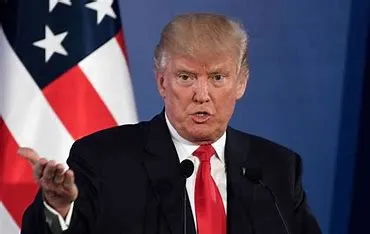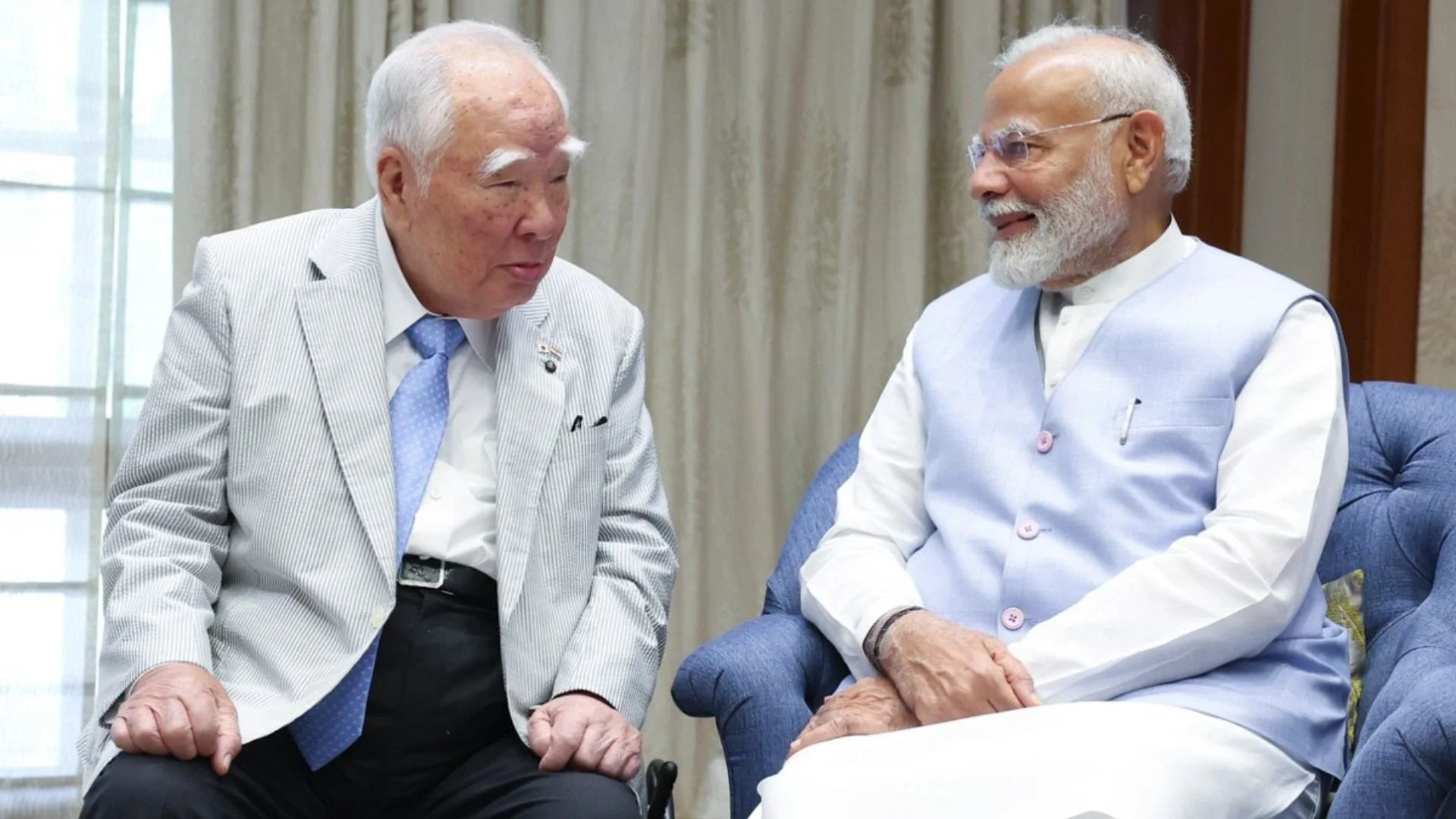Amid the growing chorus of criticism from the Islamic countries against the remarks made by now suspended or expelled BJP leaders, India on Monday intensified its efforts to tackle the huge backlash in the Gulf. Top diplomats and officials tried to manage the diplomatic fallout even as some of Islamic nations including Qatar, Oman, the UAE and Iran sought an apology from the government.
The Ministry of External Affairs (MEA) said in a statement that the offensive tweets and comments did not, in any way, reflect the views of the government. “The MEA’s statement is a clear message to the Gulf nations that there is no question of the government issuing an apology when the comments do not reflect its views in any manner,” top diplomatic sources told The Daily Guardian Review. Indian ambassador to Qatar Deepak Mittal already made it clear that the comments are the views of fringe elements and not those of the government in any manner. “This is a clear signal that any attempt to drag the government in this controversy is highly unacceptable,” sources said. “The ruling party BJP was quick to take strong action against the
leaders for their derogatory remarks. Moreover, the leaders who made comments already tendered apologies, what else is needed now,” sources added.
The BJP on Sunday suspended spokesperson Nupur Sharma and expelled another leader, Naveen Jindal, over the controversial comments. In a statement on Sunday, the BJP said it is “strongly against any ideology which insults or demeans any sect or religion» and «does not promote such people or philosophy». Bahrain appreciated the action taken by the BJP against its two leaders, even though it made comments on the controversy.
While trying to cool the tempers in the Islamic world over the remarks row, India, at the same time, did not show any hitch and signaled that it will not accept and tolerate any unwarranted and unnecessary comments and gestures. With the Organisation of Islamic Cooperation (OIC) issuing statements slamming New Delhi, India rejected the OIC’s comments as “unwarranted and narrow-minded”. India also said that Pakistan’s criticism was ironic, given its own record with minorities.
In fact, what drew India’s anger was that Pakistan also joined three other Islamic countries in summoning the Indian envoy to mark their displeasure. Sources said that much of what OIC says is orchestrated by Pakistan.
The General Secretariat of the Jeddah-based body of 57 countries had strongly condemned the “abuse of the Prophet Muhammad” by ‘officials’ of India’s ruling party.
Responding to media queries regarding the OIC statement, External Affairs Ministry spokesperson Arindam Bagchi said in a statement, “We have seen the statement on India from the General Secretariat of the Organisation of Islamic Cooperation (OIC). Government of India categorically rejects OIC Secretariat’s unwarranted and narrow-minded comments.”
Bagchi stated that the Indian government “accords the highest respect to all religions.” He mentioned that the “offensive tweets and comments denigrating a religious personality were made by certain individuals. They do not, in any manner, reflect the views of the Government of India. Strong action has already been taken against these individuals by relevant bodies.”
Bagchi also said that it was “regrettable that the OIC Secretariat has yet again chosen to make motivated, misleading and mischievous comments. This only exposes its divisive agenda being pursued at the behest of vested interests.” He urged the OIC Secretariat to “stop pursuing its communal approach and show due respect to all faiths and religions.”
Bagchi came heavily down on Pakistan, saying that the “absurdity of a serial violator of minority rights commenting on the treatment of minorities in another nation is not lost on anyone. The world has been a witness to the systemic persecution of minorities including Hindus, Sikhs, Christians and Ahmadiyyas by Pakistan.” He repeated that the Indian government “accords the highest respect to all religions,” which, he added, “is quite unlike Pakistan where fanatics are eulogized and monuments built in their honour.”
“We call on Pakistan to focus on the safety, security and well-being of its minority communities instead of engaging in alarmist propaganda and attempting to foment communal disharmony in India,” he said.
Earlier, Qatar, Kuwait and Iran on Sunday summoned Indian ambassadors to their countries to register their protest against the derogatory comments on Prophet Mohammad made by Sharma and Jindal last week. Significantly, the development happened at a time when Vice President Venkaiah Naidu was in Qatar for a three-day official visit. However, India has had close ties with the three Islamic nations in the Gulf region for decades. Saudi Arabia, one of the most significant voices in the Arab world, also issued a statement late Sunday evening, but did not go as far as issuing a démarche like the other three nations from the Gulf region. The Taliban-ruled Afghanistan government also joined these nations in expressing displeasure.
INDIA’S TRADE TIES WITH THE GULF
Sources say that India is also looking at its robust trade ties with the Islamic world. India’s trade with the Gulf Cooperation Council (GCC), which includes Kuwait, Qatar, Saudi Arabia, Bahrain, Oman and the UAE, stood around $90 billion in 2020-21. Millions of Indians live and work in GCC countries, whose interest is also to be protected by the government. Prime Minister Narendra Modi has in recent years reached out to these countries in a bid to strengthen economic ties with the energy-rich nations, which are a crucial source for India’s fuel imports. Diplomats at MEA claim that this controversy will not affect the relationship between India and the Islamic nations, even though there were reports about some of the countries removing Indian items from their stores and asking the employees not to come to work.
VICE PRESIDENT IN QATAR
Meanwhile, the controversy exploded as Vice-President M Venkaiah Naidu arrived in Qatar on a state visit. A dinner to be hosted by Qatar’s Deputy Emir for Vice-President Naidu was cancelled, but reportedly on health grounds. It was learnt that the Deputy Emir had a suspected Covid exposure, and this was communicated to India before Vice-President Naidu reached Doha. Speaker of Qatar Shura Council Hassan bin Abdulla Al Ghanim called on the visiting Vice President in Doha on Monday.























